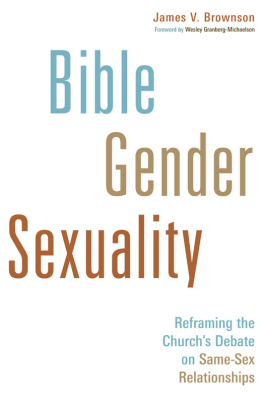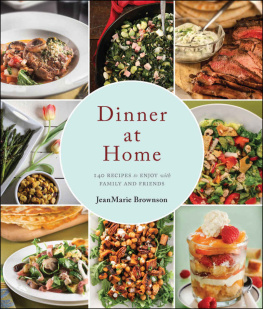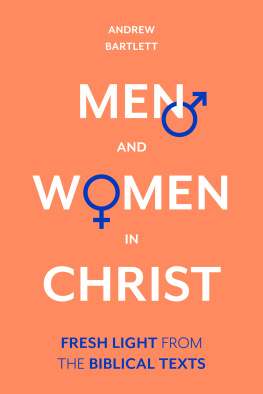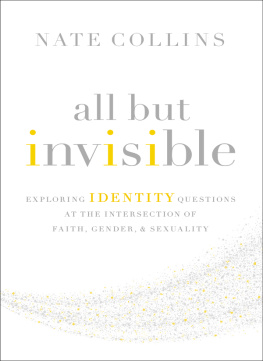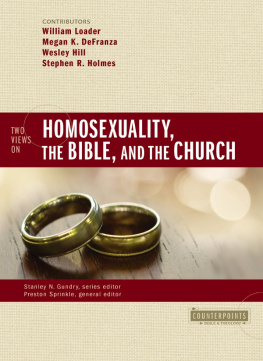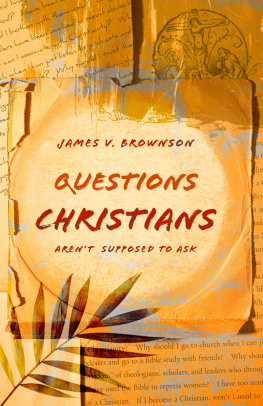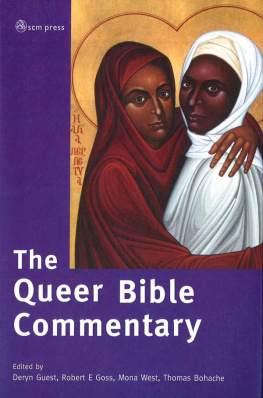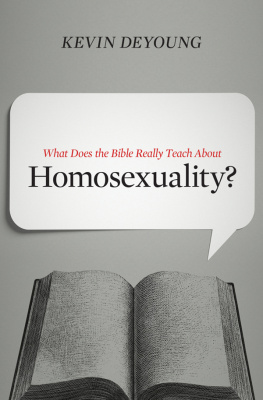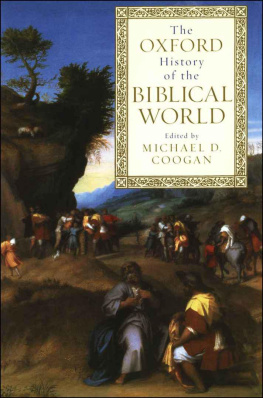BIBLE, GENDER, SEXUALITY
BIBLE, GENDER, SEXUALITY
Reframing the Churchs Debate on Same-Sex Relationships
James V. Brownson
WILLIAM B. EERDMANS PUBLISHING COMPANY
GRAND RAPIDS, MICHIGAN / CAMBRIDGE, U.K.
2013 James V. Brownson
All rights reserved
Published 2013 by
Wm. B. Eerdmans Publishing Co.
2140 Oak Industrial Drive N.E., Grand Rapids, Michigan 49505 /
P.O. Box 163, Cambridge CB3 9PU U.K.
www.eerdmans.com
18 17 16 15 14 13 7 6 5 4 3 2 1
Library of Congress Cataloging-in-Publication Data
Brownson, James V.
Bible, gender, sexuality: reframing the church's debate on same-sex relationships /
James V. Brownson.
p. cm.
Includes bibliographical references (p. ) and index.
ISBN 978-0-8028-6863-3 (pbk.: alk. paper)
ISBN 978-1-4674-3737-0 (epub)
1. Bible and homosexuality.
2. Homosexuality Religious aspects Christianity.
3. Sex Biblical teaching.
4. Sex Religious aspects Christianity.
5. Marriage Biblical teaching.
6. Marriage Religious aspects Christianity.
I. Title.
BS680.H67B76 2013
241.664 dc23
2012035589
Unless otherwise indicated, the Scripture quotations in this publication are from the New Revised Standard Version of the Bible, copyright 1989 by the Division of Christian Education of the National Council of Churches of Christ in the U.S.A., and used by permission.
Contents
T he church needs this book.
Presently the church is locked in a polarized debate about same-sex relationships that is creating painful divisions, subverting the churchs missional intent, and damaging the credibility of its witness. Weve all heard the sound-bite arguments. For some, condoning or blessing same-sex relationships betrays the clear teaching of the Bible and represents a capitulation to the self-gratifying, permissive sexual ethic of a secularized culture. For others, affirming same-sex relationships flows from the command to love our neighbor, embodies the love of Jesus, and honors the spiritual integrity and experience of gay and lesbian brothers and sisters.
The way the debate presently is framed makes productive dialogue difficult. People talk past one another. Biblical texts collide with the testimony of human experience. The stakes of the debate become elevated from a difference concerning ethical discernment to the preservation of the gospels integrity for both sides. Lines get drawn in the ecclesiastical sand. Some decide that, in order to be pure, they must separate themselves spiritually from others and break the fellowship of Christs body. Then the debate devolves into public wrangling over judicial proceedings, constitutional interpretations, and property ownership.
Mirroring the dynamics of contemporary secular politics, the debate is driven by small but vocal minorities with uncompromising positions at one end or another of the spectrum. For the majority in the middle, who may be unclear about their own understandings, exploring their questions becomes all the more difficult because of the polarized toxicity of the debate. Furthermore, those in positions of leadership in congregations or denominations come to regard the controversy over same-sex relationships as the third rail of church politics: they dont want to touch it. I know this because Ive been there myself.
The controversy over same-sex relationships in the church thus seems as though its a theological and political cul-de-sac. Within the present framework, finding a way forward without significant injury, damage, and division appears difficult if not nearly impossible. We need to push the reset button and figure out how to reframe this debate.
That is the intent and the promising contribution of James Brownsons book. Moreover, he resets the debate by calling us all into a deeper engagement with the Bible itself, exploring in the most thoughtful and thorough ways not just what it says but, more importantly, what these inspired words of revelation truly mean.
On the one hand, Brownson argues that many of those upholding a traditional Christian view of same-sex relationships have made unwarranted generalizations and interpretations of biblical texts that require far more careful and contextual scrutiny. On the other hand, those advocating a revised understanding often emphasize so strongly the contextual and historical limitations of various texts that they often seem to confine biblical wisdom to the broadest affirmations of love and justice.
For all, Brownson invites us into a far more authentic, creative, and probing encounter with the Bible as we consider the ethical questions and pastoral challenges presented by contemporary same-sex relationships in society and in our congregations. In so doing, Brownson does not begin by focusing on the oft-cited seven biblical passages seen as relating to homosexuality. Rather, he starts by examining the underlying biblical assumptions made by those holding to a traditional view, and by dissecting the undergirding perspectives held by those advocating a revised view.
Then he goes on to explore foundational biblical perspectives in four crucial areas: the pattern of male-female relationships, and Scriptures understanding of the bond of marriage, procreation, and celibacy. Against this backdrop Brownson then offers one of the most thorough and biblically insightful interpretations of Romans 1:24-27 that has been written in reference to same-sex relationships. His mastery of biblical scholarship illumines the meaning of phrases and words that readers often fail to carefully examine or understand. To conclude, he looks at other specific passages often referred to in the debate over same-sex relationships and sheds important light on their contextual meaning and applicability.
One of Brownsons central insights is that the traditional argument against same-sex relationships rests on an assumption of male and female complementarity. He does not find convincing biblical support for such a complementarian view. Moving the dialogue to this level, in my view, will prove to be enormously helpful. Instead of being trapped in shallow debates over the meaning of a few isolated biblical passages, Brownson grounds his approach in foundational biblical understandings of gender and sexuality. He takes the Bible seriously, engaging it faithfully and deeply, and he encourages the reader to do the same.
James Brownson is uniquely qualified for this task. He serves as the James and Jean Cook Professor of New Testament at Western Theological Seminary in Holland, Michigan, a seminary of the Reformed Church in America. For eight years he also served as dean of that institution. Students are consistently drawn to his love of the Bible, his passion for understanding the meaning of the gospel in our world today, and his commitment to the churchs mission.
Beyond being a gifted teacher and administrator, Brownson has faithfully served the Reformed Church in America in numerous capacities, including as moderator of its Commission on Theology. Never content with simply exploring truth in a classroom, Jim Brownson is a faithful teacher of the church. His desire is to see biblical theology enrich the life and witness of congregations, and this book is his latest contribution in that consistent task.
When Christians confront difficult ethical issues, we bring to our discernment the tradition of what the church has said, our understanding of the Bible, and the testimony of our experience, all illuminated by the Holy Spirit. Even when we are not consciously aware of these three dimensions, they each still play some part. The challenge is to keep them in balance and in dialogue with each other. Problems come when we try to isolate just one of these as the only source of truth and fail to recognize how they depend on one another. The churchs debate over same-sex relationships has often reflected the weaknesses of a one-dimensional approach to discerning truth.

